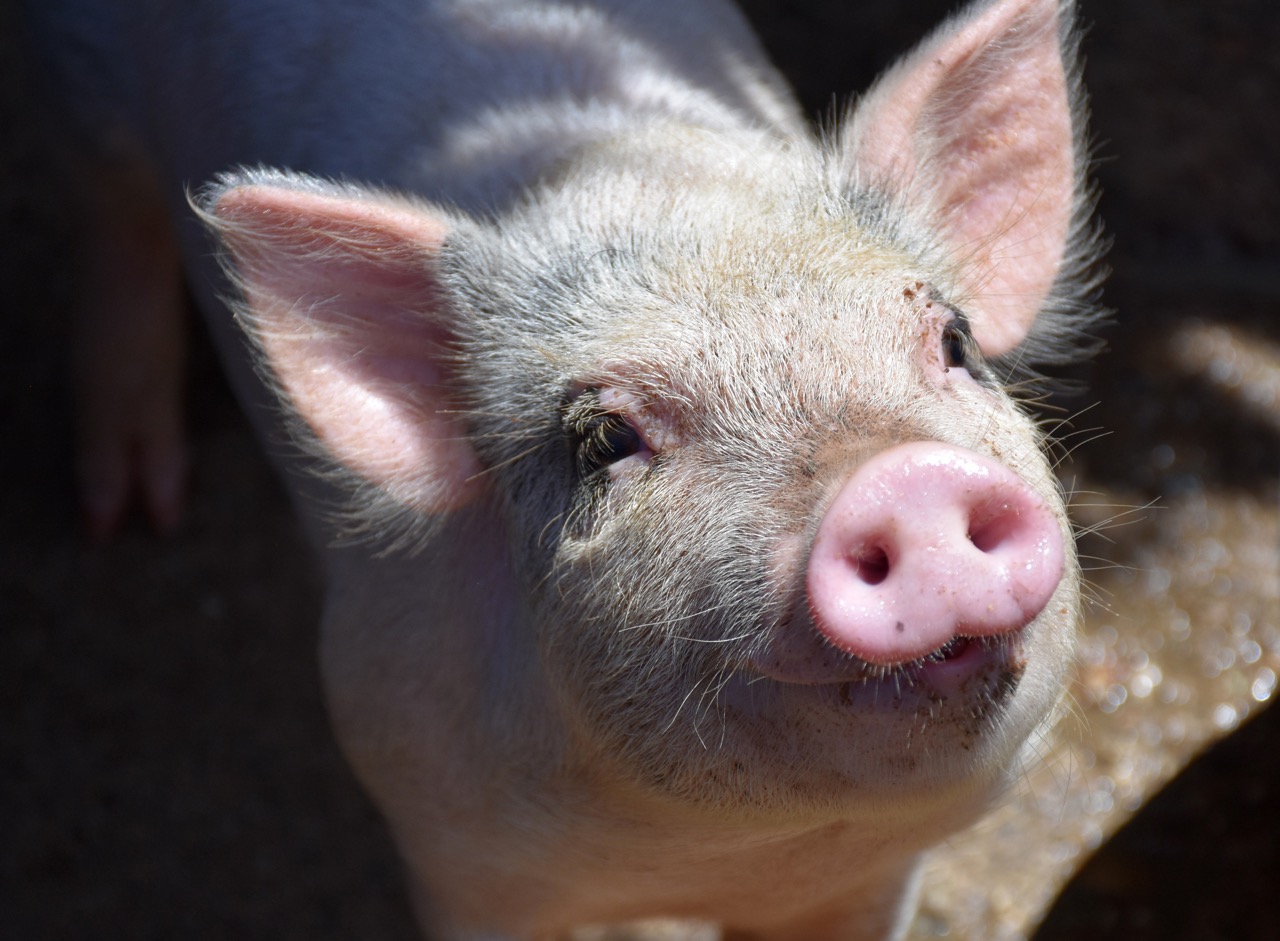The Song dynasty writer Huang Tingjian was a devout Buddhist who adhered to a vegetarian diet throughout his life. He composed a poem urging people to refrain from killing and practice compassion by releasing animals:
“My flesh and the flesh of all beings, Differ in name, but not in essence.
Originally of the same nature, Only our forms appear distinct.”
The flesh of humans and that of all other living beings is fundamentally the same—only called by different names. Thus, when they are slaughtered, their suffering is no less than our own. Animals are conscious beings, so why do we cruelly slaughter them and consume their flesh? All sentient beings possess Buddha-nature and have the potential to attain enlightenment. Therefore, the essential nature of animals and humans is the same; only their outward appearances and physical forms seem different.
Throughout history, the karmic retribution for taking life has been severe and tragic. Below are three accounts, offered for the reader’s reflection.
(1) Experiencing the Agony of Slaughter in a Dream
During the reign of Emperor Jiaqing in the Qing dynasty, there was a county magistrate in Pucheng County, Shaanxi Province, who sincerely adhered to Buddhist teachings and observed the “Ten Fast Days” (see Note 1). Yet his wife, a fervent lover of meat—especially freshly slaughtered fare—demanded daily butchering of livestock to prepare exquisite dishes. The magistrate, deeply devoted to his wife—and with his father-in-law being a high-ranking court official—turned a blind eye to her merciless practices.
On the morning of her birthday, she personally directed the kitchen staff to prepare a lavish banquet. The kitchen was strewn with pigs, cattle, sheep, chickens, ducks, pigeons, fish, shrimp, crabs, eels, snails, and clams—each animal bound and awaiting its fate. Some cried out plaintively, others thrashed for freedom. Witnessing this, the magistrate was overwhelmed with compassion and implored his wife:
“On your birthday, to see so many animals destined for slaughter is truly heart-rending. Instead of celebrating by taking life, you should honor this day with acts of kindness by serving a vegetarian feast.”
She retorted, “If everyone abstains from killing, in a few decades animals will outnumber humans, and the world will become a realm of beasts! The ‘Three Character Classic’ even says, ‘These six domestic animals are meant for human use.’”
Later that day, she napped and dreamt vividly that her soul had merged with a pig. The chef seized the pig, cut its throat, boiled it alive, dismembered it. Her soul then entered a sheep, suffering even more. She endured the agony of chickens, ducks, and finally a carp being scaled, gutted, and minced alive. Each torment she experienced as her own.
Terrified, she awoke drenched in sweat. Deeply shaken, she resolved to cancel the feast and vowed henceforth to renounce killing, embrace compassionate release, and adopt a vegetarian life. This event is recorded in Master Lianchi’s Treatise on Abstaining from Killing and Practicing Compassionate Release.
(2) An Imperial Chef’s Recompense
According to the Fayuan Zhulin, during the Tang dynasty there lived Feng Yuan, a master chef. When the king of Yutian offered several thousand sheep for release in Buddhist temples, Feng Yuan instead sold them to butchers for profit.
In June of the first year of the Longshuo era, he was struck by lightning outside Xuanren Gate in Luoyang. His head and body separated, blood covered the ground. Onlookers remarked: “Such a terrible death must be the retribution for cruel deeds.”
His lightning-struck demise was only immediate retribution; after death, he was destined to suffer the torments of hell.
(3) A Lady Reborn as a Pig
According to Ji Xiaolan’s Notes from the Caotang, a magistrate’s wife in Hebei dreamt that her deceased daughter was being bound and slaughtered. Upon investigation, she found a pig in the neighboring boat, bound with red cords, just as in her dream. She believed the pig to be her daughter’s rebirth.
Her maid explained: the daughter had adored chicken, consuming over seven hundred each year. Now, through karmic retribution, she had fallen into the animal realm.
Buddhist scriptures teach that those heavy with the karma of killing fall into hell, and after their punishment, are reborn as animals to repay their debts. Let this be a reminder: refrain from killing, practice release, and never build your joy upon the suffering of beings.
Note 1: This refers to the practice of observing fasting on ten days of the lunar month: the 1st, 8th, 14th, 15th, 18th, 23rd, 24th, 28th, 29th, and 30th.

